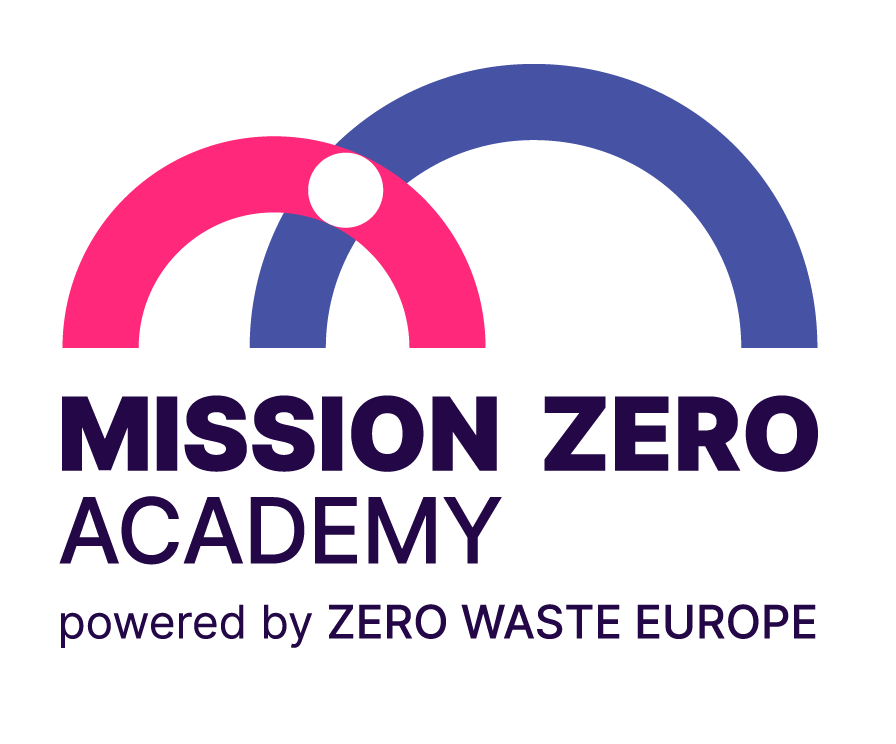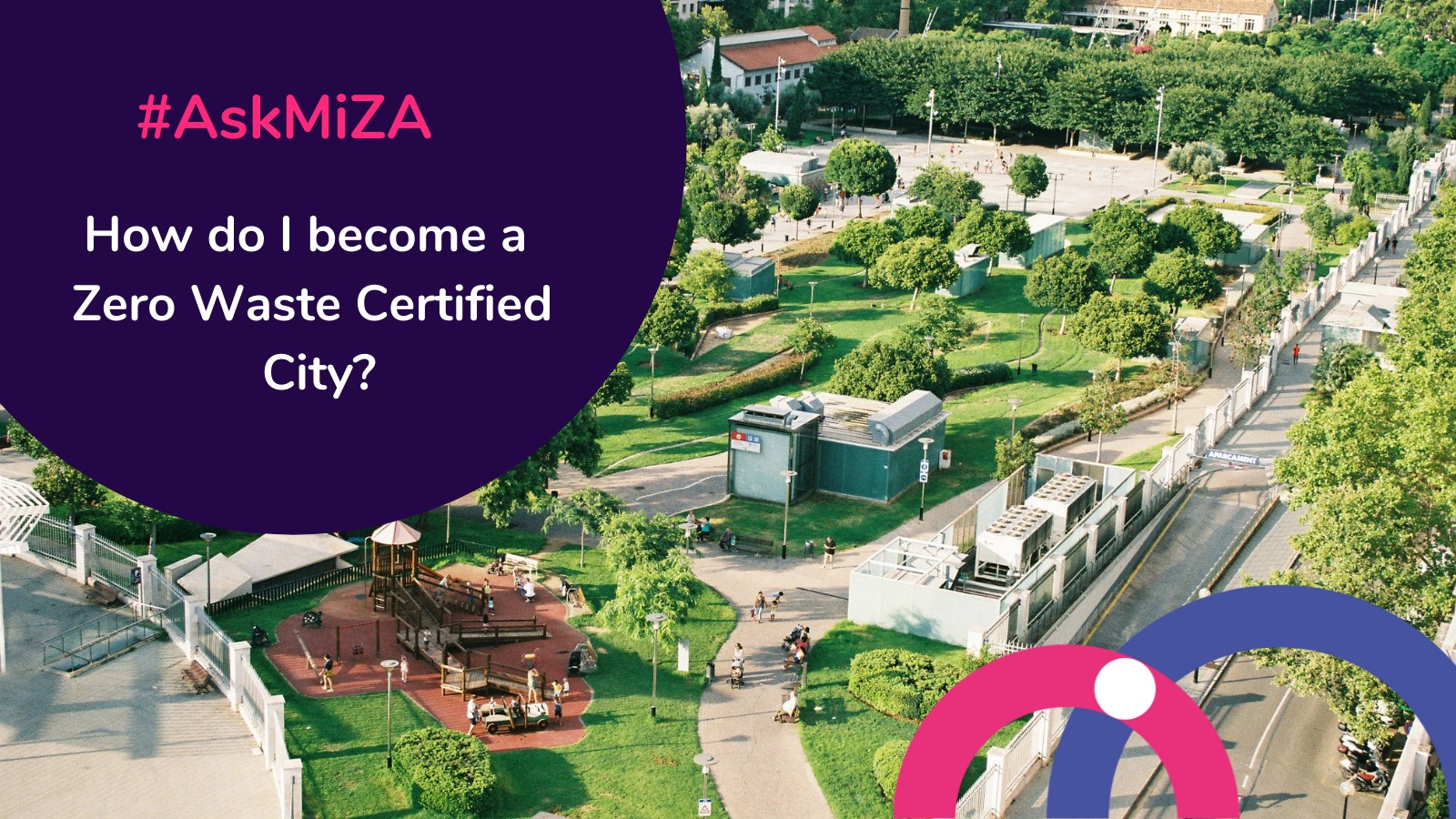Since we launched the Zero Waste Cities Certification, a huge amount of questions were raised about the what, why and how of the Certification process.
Therefore, we interviewed Mission Zero Academy and Zero Waste Europe‘s team to answer the most frequently asked questions.
The Zero Waste Cities Certification is a third party assessed certification standard based on two different stages – the Candidate and Certified one – that the municipalities need to accomplish following 5 simple steps. Click here for more information.

In this second short interview (click here to read the first part if you missed it), Kaisa Karjalainen, MiZA Coordinator responsible for the overall development of the Academy and its services, summarizes what are the requirements needed to become a Zero Waste Certified City, after having gained the Candidate status.
What are the requirements to become a Zero Waste Certified City?
The certification system has 40 different criteria that are designed so that they guide the municipality towards zero waste.
18 out of these criteria are mandatory, so any municipality that wants to become certified must comply with them all.
The idea behind them is that they are such that they lay the foundation for the municipality to be capable of achieving good results in the future.
Some examples of these mandatory criteria are for example:
- Assessing the current situation of the municipality in terms of waste related policies, practices and systems;
- Having a zero-waste plan which lays at the very core of the whole certification system. The plan has to have short-term and long-term goals and also different actions that the municipality is committed to make.
Then there are requirements to have the basic systems – for example, a separate collection system – in place.
They have been created to make sure that the municipality knows where they are starting from, where the big opportunities for improvements are while having the basics in place.
There are also some mandatory criteria for monitoring, so the municipality really can be sure that they are moving in the right direction.
The rest of the criteria are optional and they reward points, so out of those, the municipality can choose which ones of them they want to comply with immediately and then they can add more along the way when they feel ready for it.
The optional criteria are such that they either reward points for good performance or for actions that go beyond what’s required by the mandatory criteria.
Some examples of the optional criteria are:
- The municipality collects separately at least 85% of its organic waste, then they are rewarded with two points;
- If they have resource-efficiency related criteria in all relevant calls for tender then they are rewarded with three points.
How does the reward point system work?
The certification system is divided into five different levels, visualized by stars.
In order to get to one star, the municipality of course has to:
- Comply with all the mandatory criteria;
- Gain a score of at least 40 points and
- Either collect separately at least 50% of its waste or have a low enough amount of residual waste per capita (the exact amount of kilos depends on the size of the municipality).
On the other end of the spectrum is a five-star municipality.
How to get five stars?
- Comply with the mandatory criteria;
- Score at least 91 points out of 100 points available;
- Collect separately 85% of total waste and 85% of organics, plus,
- Have a low enough amount of residual waste per capita.
So you can see from these requirements that five stars is really a zero waste champion city but we also know from experience that any municipality, willing to put in the work, can get eventually to five stars over time.
Then the other levels so 2, 3 and 4 stars, they are somewhere in between these two extremes.
In addition to the stars level, every three years there will be an external auditor coming to check the compliance and the performance of the municipality. That is, first of all, an opportunity to get feedback from an external expert with fresh eyes and maybe some ideas on how to improve in the future. And it’s also an opportunity to score more points which might land the municipality on the next star level. That’s how even the one-star municipality can get to five stars over time.
This is how the certification system works.
Want to watch the interview? Have a look here:





